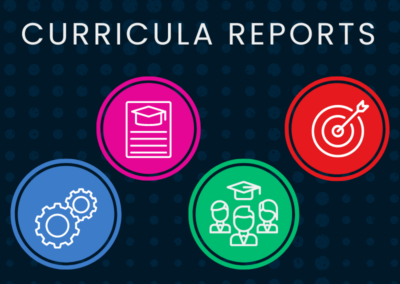In what appears to be a significant move, the Chinese government has announced greater controls on private schools from the start of the 2021-2022 school year which begins this September.
The revised Private Education Promotion Law has introduced several changes which will impact the private schools in China that can admit Chinese nationals. The new laws will affect the period of compulsory education in China (grades 1 to 9).
These changes to the law include prohibiting ownership or control of the school by foreign individuals, prohibiting the use of foreign textbooks and curriculum, prohibiting the takeover of public schools by private enterprises, and prohibiting certain admission practices including subject entrance exams. Schools will also need to include a representative of the Chinese regulating authority within their decision-making body (such as their Board of Directors or Trustees), and may not make a profit.
The schools for the children of foreign nationals are not affected by this new legislation. However, the increased scrutiny by the Chinese government, which also involves after-school tutoring and addresses admissions practice, suggests renewed efforts to control compulsory education in all school types enrolling Chinese nationals.
Existing schools within the Chinese-owned private school sector will need to ensure they comply with the new regulations, and schools and investors considering future development in China will need to know exactly what regulations will impact opportunities. Needless to say, the demand by parents in China for an education that enables their child to be well prepared for international higher education and careers continues to grow. Knowing the law and working within it will be the requirement of all who respond to this demand.
The China Market Intelligence Report from ISC Research includes details of all the new and existing regulations, along with the latest demand and supply trends, to inform investors, school brands and education providers about the education market in China. “Although regulations are stringent, the demand means that development is likely to continue,” says Pia Maske, East Asia Researcher at ISC Research which tracks the world’s international schools market providing data and intelligence to inform school improvement, growth and development.




